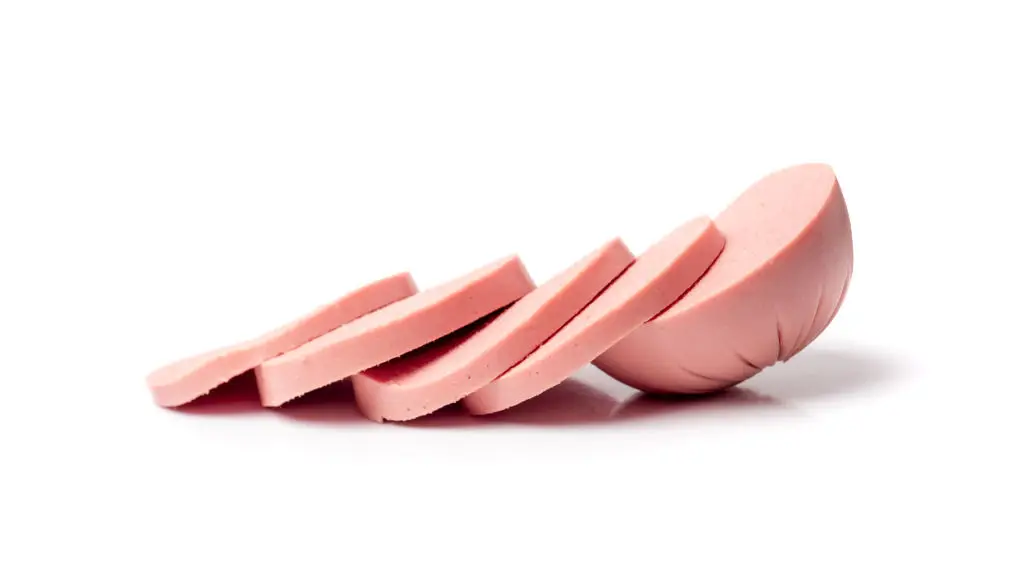The 8 Most Common "Healthy" Foods That Are Sabotaging Your Blood Pressure
"Healthy" is a word that gets tossed around a lot on grocery labels, in advertisements, and during friendly kitchen conversations. It’s easy to assume the foods we choose—especially those labeled “heart-healthy,” “natural,” or “low-fat”—are working for us, not against us. But sometimes, well-meaning decisions made in the supermarket aisle can quietly undermine our best efforts to protect our blood pressure. The confusion stems from marketing messages that highlight one positive attribute—like high protein, added vitamins, or beneficial probiotics—while glossing over hidden ingredients like extra sodium or added sugars. The truth is that, as we age, our bodies become even more sensitive to the subtle influences of what we eat and drink. Middle-aged and older adults, in particular, may notice that foods considered healthy in our younger years might not always love us back in quite the same way. This isn’t about blaming ourselves for what’s in our grocery carts or giving up favorite comfort foods. It’s about gaining insight into how some seemingly innocent choices could be quietly nudging blood pressure upward—and what gentle, realistic swaps can help reclaim control. If you’ve ever wondered why that “healthy” snack leaves you feeling a bit less than vibrant, or if you’re ready to take a more empowered approach to wellness, you’re not alone. Let’s explore eight common foods that may deserve a closer look, with practical, supportive alternatives for each.
1. Processed Deli Meats (Including "Lean" or "Low-Fat" Varieties)

The inviting display of thinly sliced turkey or chicken at the deli counter might look like the ultimate healthy protein choice—especially when labeled as “lean” or “low-fat.” These selections promise a quick sandwich or salad boost, and it’s easy to see the appeal. But behind those healthy claims lies an often overlooked risk: sodium. In fact, a single serving of deli turkey can hide over 1,000 milligrams of sodium, storming past nearly half of the recommended daily limit for adults. Why such concern? Sodium draws in water, increasing blood volume, which in turn makes your heart work overtime to keep things flowing. Even when these meats are low in fat, the sodium and preservatives they carry can quietly challenge your blood pressure each day. Many cardiologists view these sodium-packed slices as no friend to your heart, especially for anyone already working to manage blood pressure. What’s a supportive swap? Roast your own skinless chicken, turkey, or beef at home, slicing as needed, or try low-sodium plant proteins like beans or lentil salads. These simple changes gently lower sodium intake while keeping the convenience you love.
2. Commercial Orange Juice ("100% Pure" Juice)

Orange juice is a breakfast staple with a glowing reputation—after all, it’s rich in vitamin C and full of that familiar “fresh start” feeling. But looks can be deceiving. Even when marked as “100% pure,” a standard glass is loaded with natural sugars and concentrated fruit compounds that can momentarily send your blood pressure climbing. Cardiologists especially caution adults over 60 to think twice about making orange juice a daily ritual, as the quick infusion of sugar can hit sensitive systems harder than expected. The body absorbs liquid sugar much faster than the sugar in whole fruit, setting off a chain reaction: sudden surges in blood glucose, inflammation, and, for some, an unwelcome rise in blood pressure. That doesn’t mean an occasional glass of orange juice is forbidden—it just means a little moderation goes a long way. Whenever possible, opt for whole oranges or dilute juice with water, or try infusing sparkling water with fresh citrus slices. These small shifts help you enjoy the bright taste of oranges without the blood pressure impact that can come from a full glass.
